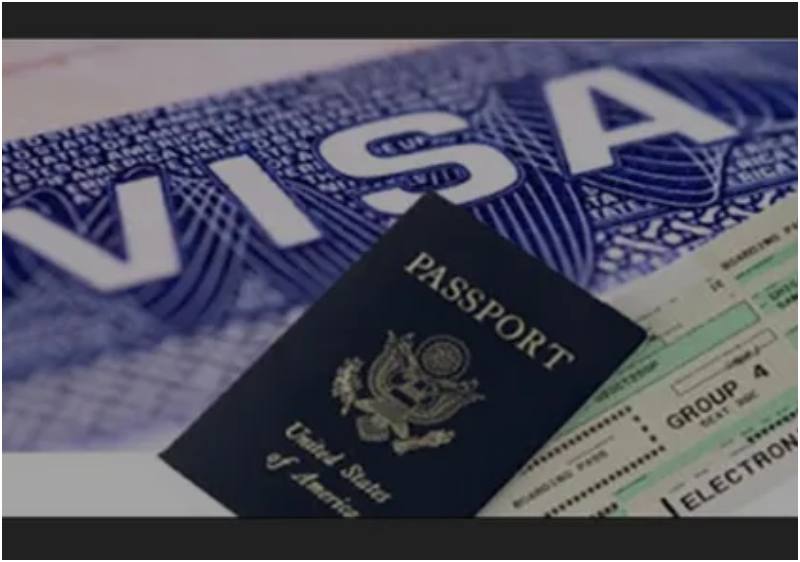A significant change in U.S. immigration policy has taken effect, restricting where nonimmigrant visa applicants may apply.
Beginning September 6, 2025, applicants must now submit their applications in their country of nationality or residence, ending decades of flexibility that allowed filings at any U.S. embassy or consulate worldwide.
What Changed
Previously, nonimmigrant visa applicants could apply at any U.S. post where they were physically present and able to secure an appointment. In January 2024, the Department of State (DOS) explicitly reassured applicants that applying outside their home country would not disadvantage them. That policy is now reversed.
Under the new framework:
- Transfers are prohibited — cases cannot be shifted between posts.
- Nonrefundable, nontransferable fees will apply, even if an application is filed incorrectly.
- Applications made outside one’s country of residence or nationality will be far less likely to qualify for a visa.
- Existing appointments remain valid, but new applications must comply with the updated rule.
Who Is Affected
The rule covers nearly all nonimmigrant visa categories, including:
- B-1/B-2 (business/tourist visitors)
- F-1 (students)
- J-1 (exchange visitors)
- H-1B, H-2 (temporary workers)
- L-1 (intracompany transferees)
- O-1 (extraordinary ability)
- P (athletes/entertainers)
- R-1 (religious workers)
- K-1 (fiancé(e))
Exceptions
Certain narrow exceptions remain, including:
- Diplomatic and official visas (A, G, NATO, TECRO)
- United Nations Headquarters Agreement cases
- Limited humanitarian or medical emergencies
- Nationalities assigned to specific consulates (e.g., Afghans in Islamabad, Iranians in Dubai, Venezuelans in Bogotá)
Legal and Practical Impact
Immigration attorneys warn that the new restrictions may disproportionately affect highly mobile applicants such as students, temporary workers, and business professionals who previously relied on third-country consulates for faster processing.
For example, a Nigerian student studying in South Africa who once applied for a U.S. F-1 visa in Pretoria may now be required to return to Nigeria. Similarly, H-1B workers on assignment abroad will face heightened logistical challenges securing appointments.
“This policy shift represents a fundamental tightening of U.S. visa procedures,” noted one immigration practitioner. “Applicants and employers must now carefully plan around home-country filing requirements, which may lengthen processing times and increase costs.”
Bottom Line
The change marks a decisive end to the “worldwide flexibility” era in U.S. visa processing.
With few exceptions, applicants should now prepare to apply exclusively in their country of residence or nationality — or risk losing both time and money in the process.

